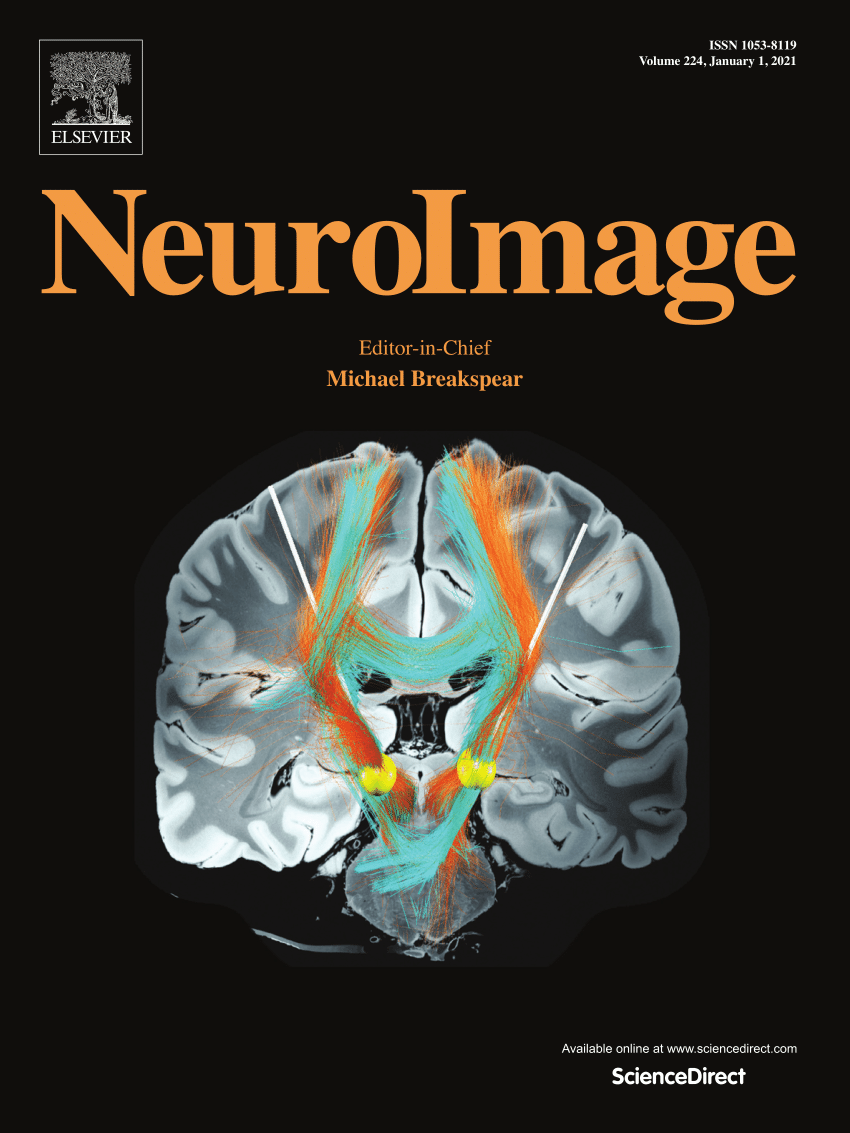The neuroscientific basis of flow: Learning progress guides task engagement and cognitive control
IF 4.7
2区 医学
Q1 NEUROIMAGING
引用次数: 0
Abstract
People often strive for deep engagement in activities, a state typically associated with feelings of flow - full task absorption accompanied by a sense of control and enjoyment. The intrinsic factors driving such engagement and facilitating subjective feelings of flow remain unclear. Building on computational theories of intrinsic motivation, this study examines how learning progress predicts engagement and directs cognitive control. Results showed that task engagement, indicated by feelings of flow and low distractibility, is a function of learning progress. Electroencephalography data further revealed that learning progress is associated with enhanced proactive preparation (e.g., reduced pre-stimulus contingent negativity variance and parietal alpha desynchronization) and improved feedback processing (e.g., increased P3b amplitude and parietal alpha desynchronization). The impact of learning progress on cognitive control is observed at the task-block and goal-episode levels, but not at the trial level. This suggests that learning progress shapes cognitive control over extended periods as progress accumulates. These findings highlight the critical role of learning progress in sustaining engagement and cognitive control in goal-directed behavior.
求助全文
约1分钟内获得全文
求助全文
来源期刊

NeuroImage
医学-核医学
CiteScore
11.30
自引率
10.50%
发文量
809
审稿时长
63 days
期刊介绍:
NeuroImage, a Journal of Brain Function provides a vehicle for communicating important advances in acquiring, analyzing, and modelling neuroimaging data and in applying these techniques to the study of structure-function and brain-behavior relationships. Though the emphasis is on the macroscopic level of human brain organization, meso-and microscopic neuroimaging across all species will be considered if informative for understanding the aforementioned relationships.
 求助内容:
求助内容: 应助结果提醒方式:
应助结果提醒方式:


